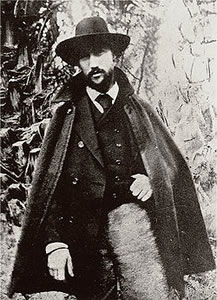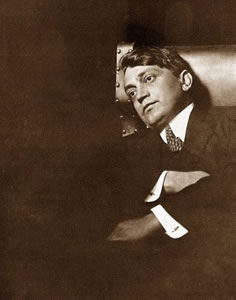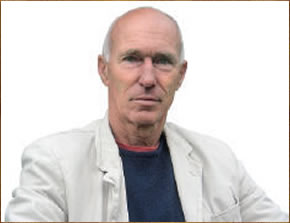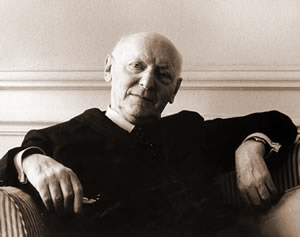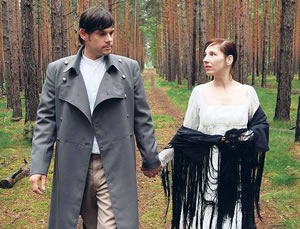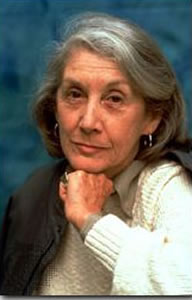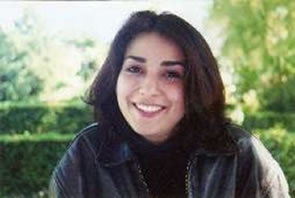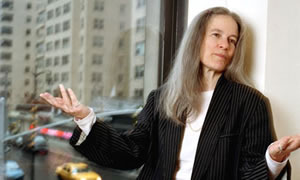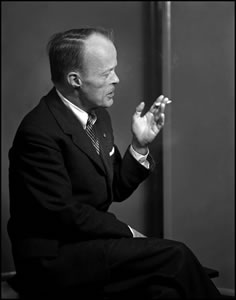De Turkse schrijver Sait Faik Abasıyanık werd geboren op 23 november 1906 in Adapazarı. Zie ook alle tags voor Sait Faik Abasıyanık op dit blog en ook mijn blog van 23 november 2010.
Uit: Hisht, Hisht!… (Vertaald door Ufuk Özdağ)
„I WAS WALKING. The more I walked, the better I started to feel about things. I’d left home with so much anger piled up inside me. Maybe it was the razor blade that made me so angry. Oh yes, certainly. The razor blade! For sure, that’s what got me so mad.
The green of the grass, the blue of the sea, cloudless clear skies . . . Well these, mind you, are things to ponder, certainly. Who on Earth would deny this? Foolishness! What if it rained . . . what if the green grass was purple . . . what if the blue sea was red . . . If that were the case, that would be a thing to worry about, indeed.
I saw a leaf the color of chocolate, a goat the color of green almond. Someone, from behind, called out:
Hisht!
I turned around to check. The still not-so-tall fresh thistles at the edge of the road and the French lavender stared at me with a plum-tasting look. My teeth squeaked. There was no one on the road, not a single soul. I saw the roof of a house, one or two birds flying in the distance, the sea through the leaves. As I continued walking, I heard:
Hisht, hisht!
I wanted to turn around and look. Maybe because I wanted to so much I could not. Well, that could be it. Maybe a bird flew overhead, sounding hisht hisht. Maybe a snake, a tortoise, or a hedgehog passed from behind me. Perhaps there is a certain beetle, sounding like hisht hisht.“
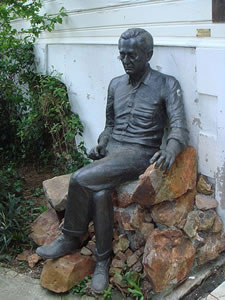
Standbeeld op het eiland Burgazada
Lees verder “Sait Faik Abasıyanık, Guy Davenport, Nigel Tranter, Marieluise Fleißer, Nirad C. Chaudhuri”

